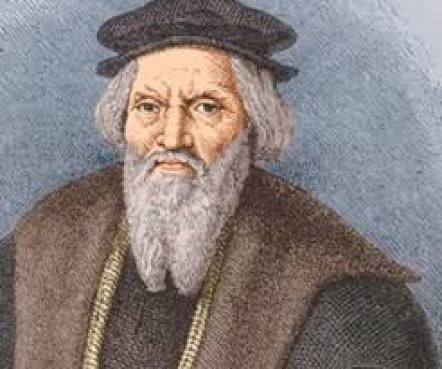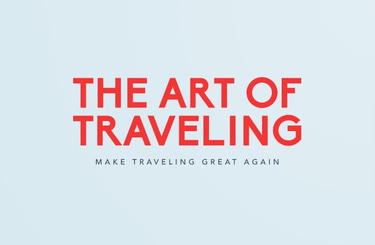Giovanni Caboto
Giovanni Caboto or John Cabot isn’t as famous as Columbus, but his voyage in 1497 made him one of the first Europeans to set foot in North America. An Italian sailing for England, Cabot was convinced he had found Asia—despite the distinct lack of silk, spices, or, well… people. His triumphant return earned him a second expedition, but then he mysteriously disappeared, leaving historians guessing about his fate. Was he lost at sea? Did he make it back and get quietly dismissed? One thing’s for sure—Cabot’s mix of bold exploration and geographical confusion left a lasting mark on history.
3 min read


The Italian Who "Discovered" Canada and Then Disappeared
When people talk about great explorers, John Cabot doesn’t always get the spotlight. Maybe it’s because his big discovery—the coast of North America—was overshadowed by Columbus, or maybe it’s because he mysteriously vanished on his second voyage. Either way, this Venetian navigator, who convinced England to fund his Atlantic dreams, was one of the first Europeans to set foot on North American soil. And while his journey lacked the drama of shipwrecks or epic battles, it was filled with bold claims, questionable navigation, and an ending so mysterious that historians are still scratching their heads.
An Italian With Big Dreams (and Even Bigger Promises)
Born as Giovanni Caboto in Genoa or Venice around 1450, Cabot was a man with a plan—and that plan was to get very rich, very quickly. Like Columbus, he was obsessed with finding a western route to Asia. But instead of pitching his idea to Spain, he took it to England, where King Henry VII—always looking for ways to outdo Spain—gave him a ship, a tiny crew, and a royal patent to claim whatever he found.
In May 1497, Cabot set sail on the Matthew, a small, creaky ship that looked more suited for fishing than global exploration. He had only about 18 men, which suggests either extreme confidence or a serious underestimation of the dangers ahead.
Canada or Bust: Cabot’s First (and Only Successful) Voyage
After five long weeks at sea, Cabot and his crew spotted land on June 24, 1497. Where exactly they landed is still debated—some say Newfoundland, others say Cape Breton or even Maine—but one thing is clear: Cabot was convinced he had reached Asia. According to his reports (The Letters Patent, p. 3), he found a land “abundant with fish” but oddly lacking in people, cities, or spices—three things you’d expect in China.
Cabot was thrilled. He planted the English flag, claimed the land for King Henry, and—most importantly—didn’t stick around long enough to realize his mistake. He turned the ship around and headed back to England, where he was welcomed as a hero.
"Great News, Your Majesty! I Found... Something!"
Back in England, Cabot wasted no time hyping up his success. He told the king that he had found the land of the Great Khan and that England was about to become richer than Spain. Henry VII, excited by the prospect of gold and spices, gave him funding for a second voyage in 1498. This time, Cabot would take multiple ships, more men, and enough supplies to establish a settlement.
It was a great plan—except for the part where he completely disappeared.
Lost at Sea: The Great Cabot Mystery
Cabot’s second expedition set sail in May 1498 with high hopes. And then… nothing. No reports, no letters, no returning ships. The entire expedition simply vanished.
There are many theories about what happened. Some believe Cabot’s ships were destroyed in a storm. Others think he made it back to North America, only to realize he wasn’t in Asia and died of embarrassment (or starvation). Some even suggest he made it home but was quietly retired by the English Crown for failing to deliver any wealth.
Whatever the truth, Cabot was never heard from again, leaving historians with one of the biggest unsolved mysteries of the Age of Exploration.
Cabot’s Legacy: A Win for England, Even if He Lost
Despite his strange disappearance, Cabot’s voyage gave England its first claim to North America—a claim that would eventually lead to British colonies and, centuries later, Canada. His belief that he had reached Asia may have been wildly incorrect, but his journey helped shape the course of history.
So, next time you think of great explorers, spare a thought for John Cabot—the man who "discovered" Canada, mistook it for China, and then sailed off into the unknown, never to be seen again.
